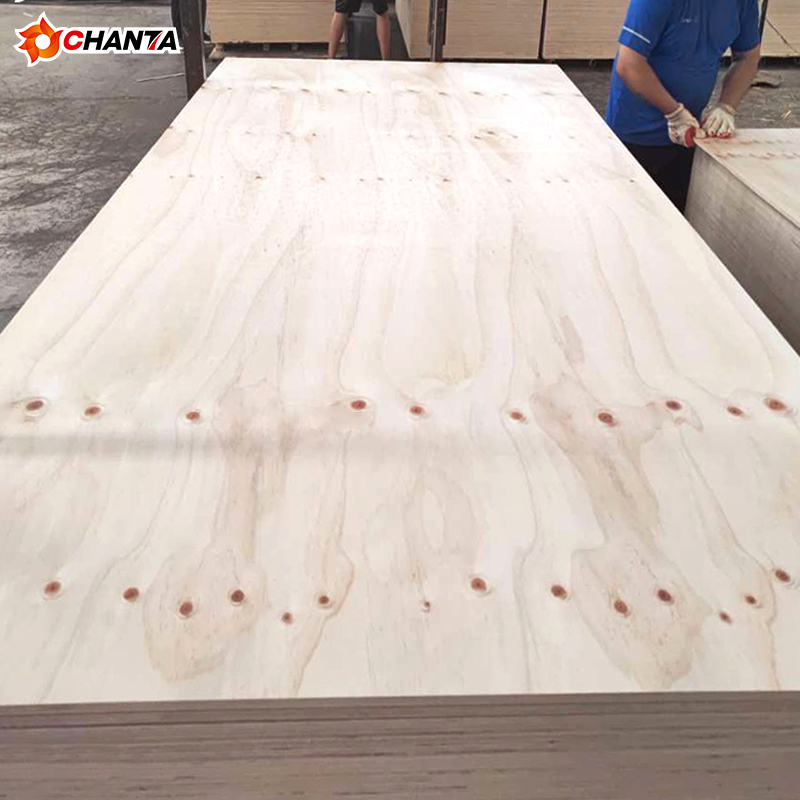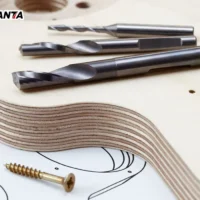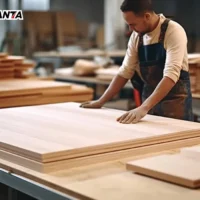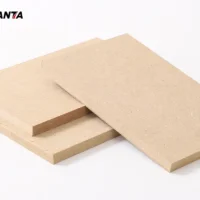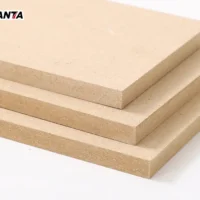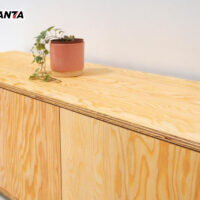Plywood is a versatile material widely used in construction, furniture-making, and various other applications. Different types of plywood, including commercial plywood, structural plywood, furniture plywood, and film-faced plywood, each have unique properties suited to specific purposes. In this article, we’ll compare these types to highlight the advantages of commercial plywood, focusing on its affordability, adaptability, and functional benefits.
1. Commercial Plywood: Balanced Performance and Cost
Commercial plywood is known for its versatility and moderate price, making it suitable for a broad range of applications. It typically has a smooth surface and uniform strength, making it a practical choice for both furniture and interior construction.It is crafted with layers of wood veneer arranged in a cross-grain structure, providing excellent strength and stability while keeping costs manageable.
In contrast to specialized types, commercial plywood is not designed for heavy loads or constant exposure to moisture. However, for general indoor uses, it offers an ideal balance of affordability and function. Because of this balance, It is widely used in making cabinets, partitions, and other interior fixtures.
2. Structural Plywood: High-Strength and Durability
Structural plywood is engineered to handle significant weight and pressure. Made with higher-grade adhesives, it is suitable for load-bearing applications and outdoor use. The manufacturing of structural plywood involves high-quality wood and adhesives that comply with strict building codes, ensuring durability in challenging conditions.
While structural plywood excels in strength, it is generally more expensive than commercial plywood. Structural plywood is often used in applications like subflooring, roofing, and wall sheathing, where stability and load resistance are critical. , though not as strong, remains a preferred choice for non-load-bearing and decorative purposes due to its lower cost and satisfactory strength for interior projects.
3. Furniture Plywood: Aesthetic Appeal and Precision
Furniture plywood is specifically designed for use in high-quality furniture pieces. Its surface finish is smoother than commercial plywood, and it often features veneers from premium wood species like oak, walnut, or birch, which add a decorative touch. Furniture plywood may also have fewer surface defects, making it an ideal choice for visible applications where aesthetics are essential.
Compared to commercial plywood, furniture plywood may come at a higher cost due to its superior finish and decorative veneer. However, commercial plywood can be an economical alternative in furniture projects where the final surface will be painted or laminated, providing an affordable yet functional option without sacrificing durability.
4. Film-Faced Plywood: Enhanced Surface Protection
Film-faced plywood, also known as shuttering or formwork plywood, is designed for applications requiring a durable, waterproof surface. It is coated with a protective film, usually phenolic, which gives it exceptional resistance to moisture and abrasion. This type of plywood is commonly used in concrete formwork and other construction applications where the material will be exposed to harsh conditions.
While film-faced plywood offers excellent durability, it is typically more expensive than commercial plywood. For projects where direct exposure to moisture and rough handling are not expected, commercial plywood remains a cost-effective solution, providing adequate durability without the added expense of a film-faced layer.
5. Conclusion: Commercial Plywood as a Versatile, Cost-Effective Choice
In conclusion, each plywood type has distinct advantages tailored to specific applications. Structural plywood stands out in load-bearing and outdoor projects, furniture plywood excels in aesthetic appeal, and film-faced plywood provides superior protection in demanding environments. However, commercial plywood’s balanced performance and moderate price make it the preferred choice for versatile, everyday applications. Whether used in interior construction, cabinetry, or light-duty furniture, commercial plywood offers a reliable, budget-friendly solution for a wide range of needs, making it an indispensable material in many industries.














